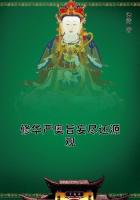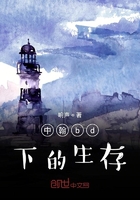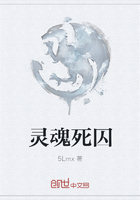Brick****** has now become such an important industry at the school that last season our students manufactured twelve hundred thousand of first-class bricks, of a quality stable to be sold in any market. Aside from this, scores of young men have mastered the brick****** trade--both the ****** of bricks by hand and by machinery--and are now engaged in this industry in many parts of the South.
The ****** of these bricks taught me an important lesson in regard to the relations of the two races in the South. Many white people who had had no contact with the school, and perhaps no sympathy with it, came to us to buy bricks because they found out that ours were good bricks. They discovered that we were supplying a real want in the community. The ****** of these bricks caused many of the white residents of the neighbourhood to begin to feel that the education of the Negro was not ****** him worthless, but that in educating our students we were adding something to the wealth and comfort of the community. As the people of the neighbourhood came to us to buy bricks, we got acquainted with them; they traded with us and we with them. Our business interests became intermingled. We had something which they wanted; they had something which we wanted. This, in a large measure, helped to lay the foundation for the pleasant relations that have continued to exist between us and the white people in that section, and which now extend throughout the South.
Wherever one of our brickmakers has gone in the South, we find that he has something to contribute to the well-being of the community into which he has gone; something that has made the community feel that, in a degree, it is indebted to him, and perhaps, to a certain extent, dependent upon him. In this way pleasant relations between the races have been simulated.
My experience is that there is something in human nature which always makes an individual recognize and reward merit, no matter under what colour of skin merit is found. I have found, too, that it is the visible, the tangible, that goes a long ways in softening prejudices. The actual sight of a first-class house that a Negro has built is ten times more potent than pages of discussion about a house that he ought to build, or perhaps could build.
The same principle of industrial education has been carried out in the building of our own wagons, carts, and buggies, from the first. We now own and use on our farm and about the school dozens of these vehicles, and every one of them has been built by the hands of the students. Aside from this, we help supply the local market with these vehicles. The supplying of them to the people in the community has had the same effect as the supplying of bricks, and the man who learns at Tuskegee to build and repair wagons and carts is regarded as a benefactor by both races in the community where he goes. The people with whom he lives and works are going to think twice before they part with such a man.
The individual who can do something that the world wants done will, in the end, make his way regardless of race. One man may go into a community prepared to supply the people there with an analysis of Greek sentences. The community may not at the time be prepared for, or feel the need of, Greek analysis, but it may feel its need of bricks and houses and wagons. If the man can supply the need for those, then, it will lead eventually to a demand for the first product, and with the demand will come the ability to appreciate it and to profit by it.
About the time that we succeeded in burning our first kiln of bricks we began facing in an emphasized form the objection of the students to being taught to work. By this time it had gotten to be pretty well advertised throughout the state that every student who came to Tuskegee, no matter what his financial ability might be, must learn some industry. Quite a number of letters came from parents protesting against their children engaging in labour while they were in the school. Other parents came to the school to protest in person. Most of the new students brought a written or a verbal request from their parents to the effect that they wanted their children taught nothing but books. The more books, the larger they were, and the longer the titles printed upon them, the better pleased the students and their parents seemed to be.
I gave little heed to these protests, except that I lost no opportunity to go into as many parts of the state as I could, for the purpose of speaking to the parents, and showing them the value of industrial education. Besides, I talked to the students constantly on the subject. Notwithstanding the unpopularity of industrial work, the school continued to increase in numbers to such an extent that by the middle of the second year there was an attendance of about one hundred and fifty, representing almost all parts of the state of Alabama, and including a few from other states.
In the summer of 1882 Miss Davidson and I both went North and engaged in the work of raising funds for the completion of our new building. On my way North I stopped in New York to try to get a letter of recommendation from an officer of a missionary organization who had become somewhat acquainted with me a few years previous. This man not only refused to give me the letter, but advised me most earnestly to go back home at once, and not make any attempt to get money, for he was quite sure that I would never get more than enough to pay my travelling expenses. I thanked him for his advice, and proceeded on my journey.
The first place I went to in the North, was Northampton, Mass., where I spent nearly a half-day in looking for a coloured family with whom I could board, never dreaming that any hotel would admit me. I was greatly surprised when I found that I would have no trouble in being accommodated at a hotel.
We were successful in getting money enough so that on Thanksgiving Day of that year we held our first service in the chapel of Porter Hall, although the building was not completed.

